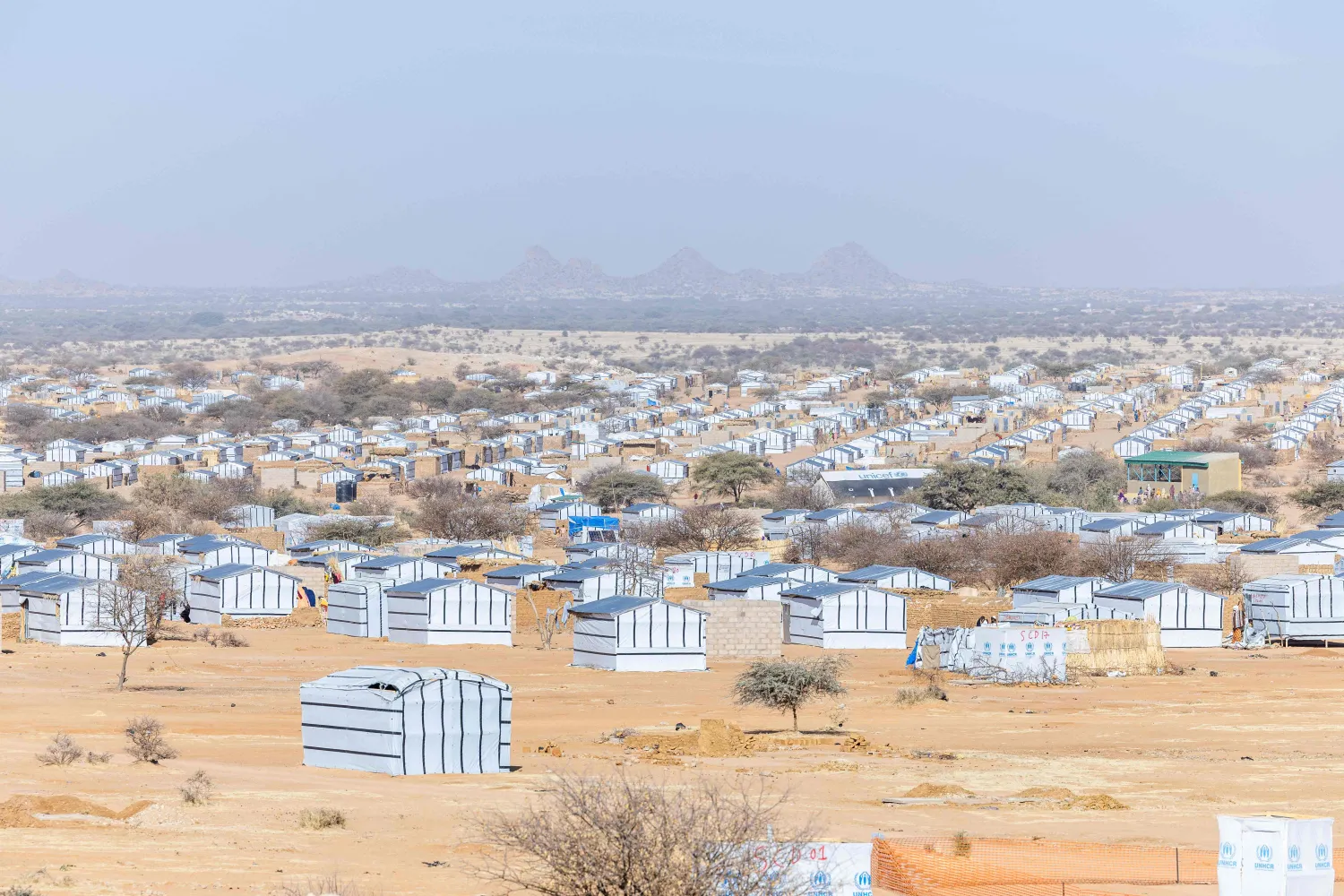Russian Foreign Minister Sergey Lavrov received his UAE counterpart Abdullah bin Zayed during his visit to Russia, during which they discussed bilateral cooperation and enhancing coordination over regional and international issues.
Following their meeting, the two ministers held a joint press conference during which Lavrov emphasized the positive outcome of the normalization deal between Israel and a number of Arab countries. However, he stressed that they should not overlook finding a solution for the Palestinian cause.
The Russian minister stated that his country agrees with the UAE that the normalization of Israel's relations with Arab countries is gaining momentum in general, describing it as “a positive phenomenon” because it removes the old contradictions and establishes civilized communication channels on a legal basis.
He pointed out that Russia "has always emphasized that this process should not overwhelm efforts to settle the Palestinian cause."
He added that the issue must be resolved on the basis of the UN resolutions, which must include the establishment of a Palestinian state with the state of Israel.
Lavrov said his Emirati counterpart indicated during the talks that his country supports the same position.
He pointed out that the international community should help restore direct negotiations between Palestine and Israel, noting that Russia has repeatedly suggested resuming the work of the International Quartet, including Russia, the US, UN, and EU.
Moscow “believes that it is necessary to involve representatives of the Arab League in the efforts of the Quartet,” noted Lavrov.
The Russian minister noted that it is possible to unify the efforts of the International Quartet and the Arab Quartet to agree on the conditions for resuming direct Palestinian-Israeli negotiations.
For his part, the UAE Minister stressed the importance of coordinating with Russia on the Palestinian cause, adding: “We hope to cooperate to revive the peace process between Israelis and Palestinians.”
He highlighted Russia’s positive stance and its forward-looking perception of the solution to the Palestinian-Israeli conflict, hoping to work together with Russia, the Quartet on the Middle East, and the Arab League to highlight the fact that there is hope for achieving peace in the region.
Asked about Gulf relations, bin Zayed welcomed Kuwait’s efforts, stressing the need to restore Arab solidarity.
“Today, there are countries in the region heading towards modernization, and other countries are in the opposite direction,” said the Minister, warning that “if there are countries that still support terrorism and extremism in the region, then this will be a problem," state news agency WAM quoted him as saying.
During the meeting, the two ministers also discussed the issue of Iran and the situation in the Gulf region.
Lavrov said they exchanged views on the prospects for strengthening security in the Gulf region, indicating that Russia is ready to help launch a dialogue.
Bin Zayed welcomed Moscow’s efforts aimed at reducing tensions in the Gulf region.
“We welcome Russia’s efforts to ease tensions in the region, and our objective is its modernization. We can work together to create modern, developed, advanced, and prosperous countries.”
Bin Zayed added that there are many opportunities to achieve development and improve conditions in a region that has witnessed numerous challenges.
“We need to refrain from overcrowding the region with weapons of mass destruction and ballistic missiles and developing nuclear weapons, as well as to prevent colonization and extremism.”
The Minister further indicated that the international community has addressed the issue of terrorism for many years, noting that “we also need to address the concepts of hate, incitement, and extremism in the region and the rest of the world."
"These are critical problems that need to be solved.”









